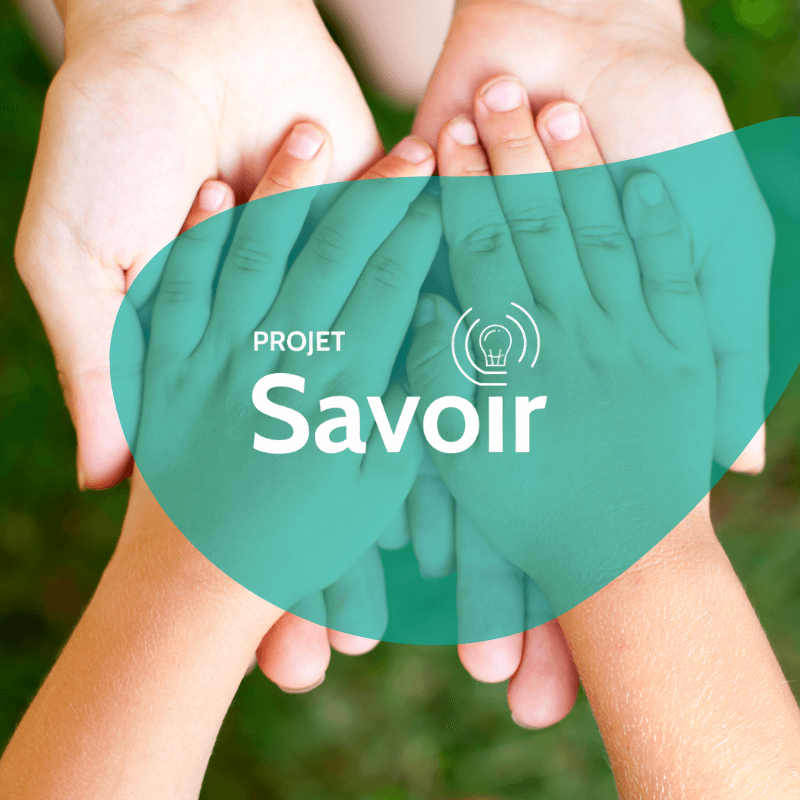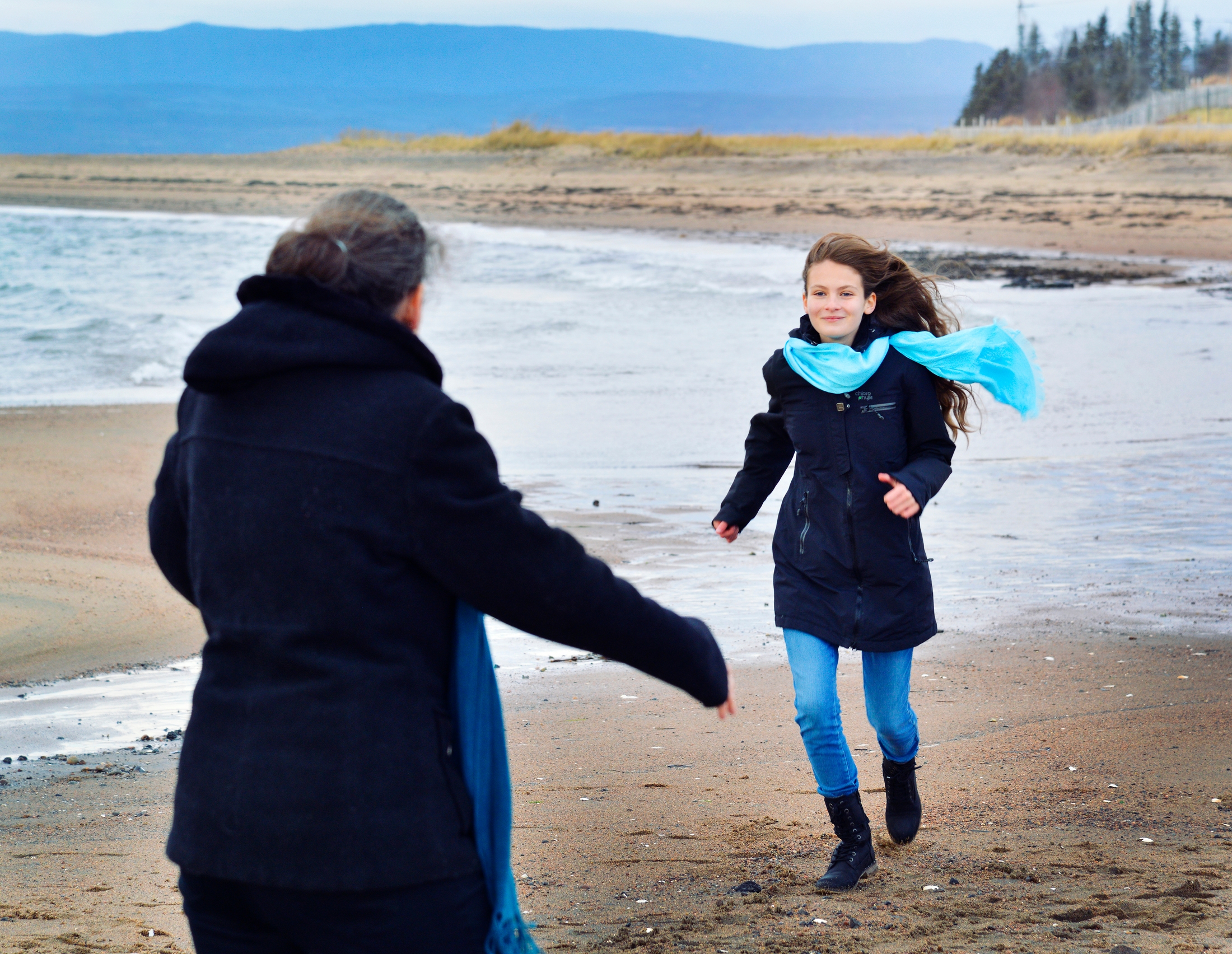

What is a school transition?
A school transition is a period of time during which someone is going through a change in their school environment and needs to adjust to it.
These transitions are always important moments.
Most of the time, they are an opportunity for students to progress, regardless of their needs. They present them with beneficial development possibilities (excitement linked to new beginnings, opportunity to make new friends, positive opportunities to learn new things, etc.).
However, these transitions can generate fear, confusion and anxiety in certain students, bringing their school path to a halt, or sometimes even regress.
(Doudin, Curchod and Lafortune, 2012)
How to support a successful transition?
A successful transition is one that is harmonious between the different levels, and the variety of school paths, for the student and the people in their life: family, friends, school staff (teachers, professionals, direction, etc.), community organizations, childcare services, health services and social services, etc. It requires a mutual adjustment from the concerned environments to promote some continuity in the student’s progress, all while fully taking advantage of what the transition means in terms of discovery and novelty.
A successful transition also considers the various factors in play on the school, individual, family, social and cultural spheres (mother tongue, gender, ethnic minority, first nation, rural or urban setting, etc.). It has a real impact on the motivation and engagement of students and, by extension, on their perseverance and school success (MEES, 2012).
Winning conditions for a successful transition
Expected benefits of a successful transition
Here are some of the most important advantages or benefits we can expect from a successful school transition:

Projet SAVOIR, from the Centre de transfert pour la réussite éducative du Québec (CTREQ) gives an overview on the current research on the subject of school transitions.
This report lets you consult easily and quickly what the science says and what experiential knowledge tells us about school transitions, from early childhood all the way to the adult age. It is also the result of consultations with concerned partners (researchers and education professionals), who actively contributed to the curation of information and content creation, alongside the CTREQ.


